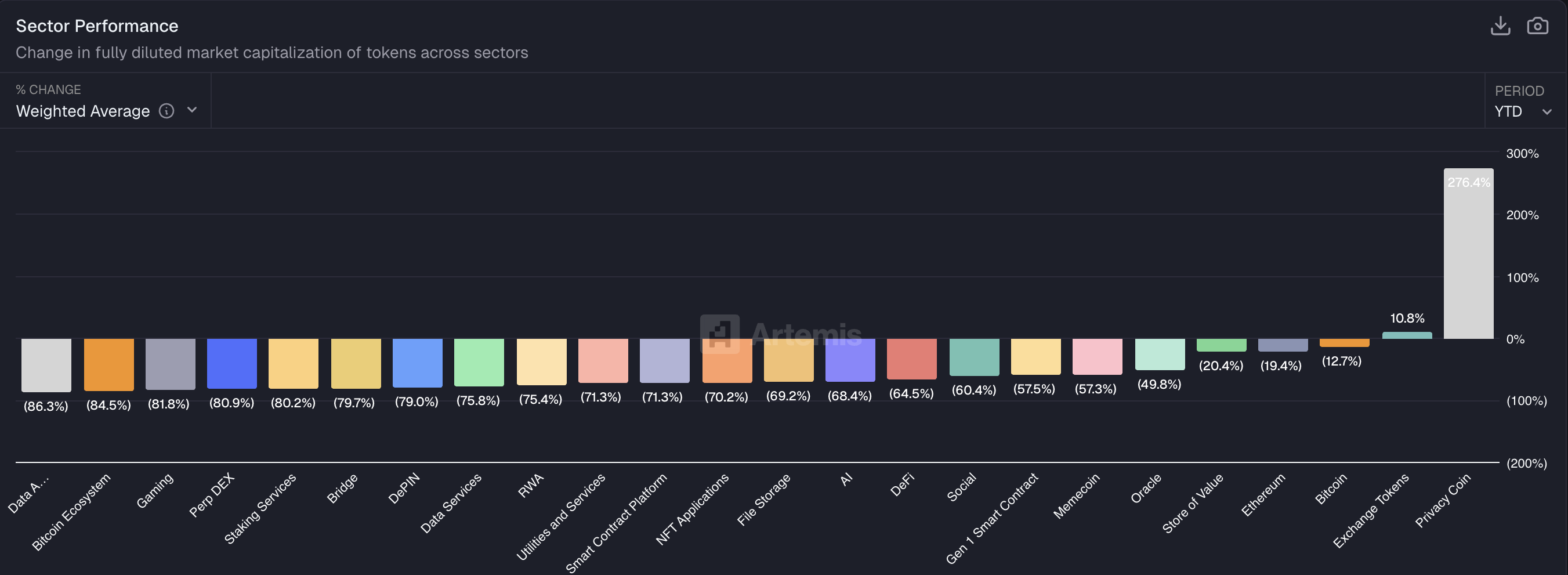UK's aspirations for blockchain technology are challenged by an international race against the clock
- AFME urges UK to lead blockchain-based capital markets, citing DLT's potential to boost transparency and efficiency. - Blockchain could reduce settlement times and counterparty risk but requires regulatory alignment and cross-border interoperability. - Recent spoofing lawsuits highlight market vulnerabilities, with blockchain advocates proposing immutable records as a solution. - UK faces competition from EU, Singapore, and Asia as AFME warns delays risk losing leadership in financial innovation.
The Association for Financial Markets in Europe (AFME) has urged the United Kingdom to take a pioneering stance in advancing blockchain-powered capital markets, highlighting how distributed ledger technology could significantly boost transparency and operational efficiency within the financial sector.
AFME’s recommendations are in line with broader industry movements to establish the UK as a center for financial innovation following Brexit. The association pointed out that blockchain technology has the potential to accelerate settlement processes, decrease counterparty risks, and provide instant transaction validation, all of which could make capital markets more efficient. Nevertheless, AFME emphasized that large-scale implementation will depend on cooperation among regulators, technology firms, and market stakeholders to create unified standards.

Recent lawsuits targeting high-frequency trading companies have brought attention to weaknesses in the current market framework. For example, a class action suit initiated in November 2025 accuses Citadel Securities LLC and Virtu Americas LLC
Even with mounting pressure for modernization, the UK is contending with fierce international competition. The European Union and Singapore have already begun trial initiatives to incorporate blockchain into securities settlement, while regulatory consensus in the U.S. remains elusive. AFME’s analysis calls on the UK to quicken its pace by supporting pilot initiatives, encouraging collaboration between the public and private sectors, and working with global organizations to align standards.
The association further cautioned that hesitancy in embracing blockchain could cause the UK to fall behind in this fast-changing industry. “The opportunity to lead is shrinking,” AFME remarked, pointing out that companies in Asia and the Middle East are making substantial investments in blockchain-driven financial systems.
Disclaimer: The content of this article solely reflects the author's opinion and does not represent the platform in any capacity. This article is not intended to serve as a reference for making investment decisions.
You may also like
'Rich Dad Poor Dad' Author Sells His BTC Holdings After Predicting $250K per Coin
Hayes: Bitcoin Bottom Is Near, But There's a Catch
What Comes After Privacy Coins? How to Recognize Crypto’s Next Winning Sector

Users blast curators Re7 and Silo for handling of DeFi turmoil